



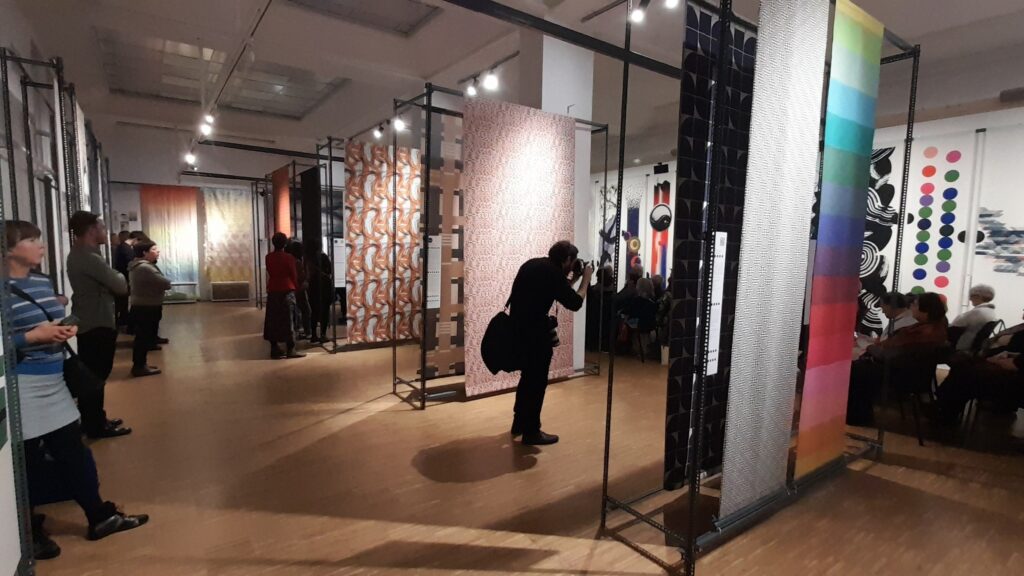
The Texhibition celebrates its tenth anniversary with a rich programme showcasing Polish textile art, music-inspired creations, and a retrospective of a decade’s achievements. The exhibition runs at Budapest’s FUGA from today until 19 January .

Europe’s largest solar park has received all necessary approvals, with construction set to begin soon at the Hungarian-Romanian border. Spanning over 1064 hectares, the 800 million euro project will deliver 1044 MW of installed capacity, marking a major leap in renewable energy in the region.

The Hungarian National Police (ORFK) and CIB Bank have signed a cooperation agreement to fight cybercrime. The partnership aims to curb internet fraud through swift action and enhanced communication, safeguarding victims and reducing financial losses.
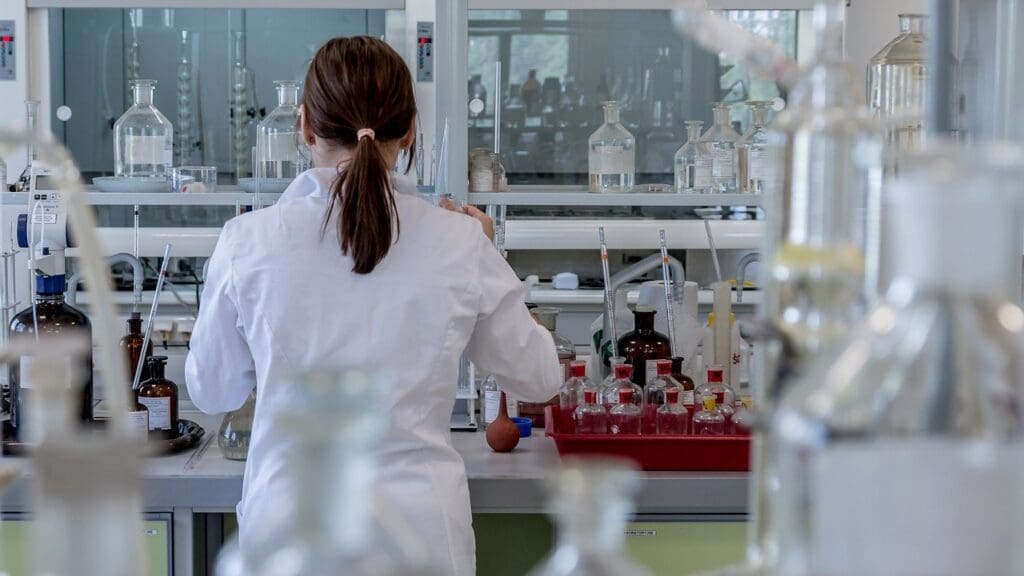
The University of Szeged (SZTE) is at the forefront of innovative medical treatments in Hungary, particularly in cancer care. By adopting cutting-edge interventional oncology methods, SZTE is shaping the future of minimally invasive cancer therapies and medical education.

Katinka Hosszú, Hungary’s ‘Iron Lady’ and three-time Olympic swimming champion, announced her retirement at age 35. Reflecting on an extraordinary 30-year career, she shared her journey’s highlights and the lessons learned from her life in the pool on social media.

A recent survey by the Mária Kopp Institute reveals widespread public support for Hungary’s new economic action plan. Policies like housing assistance, a permanent 13th month pension, and doubled family tax benefits are seen as vital by the majority of respondents.
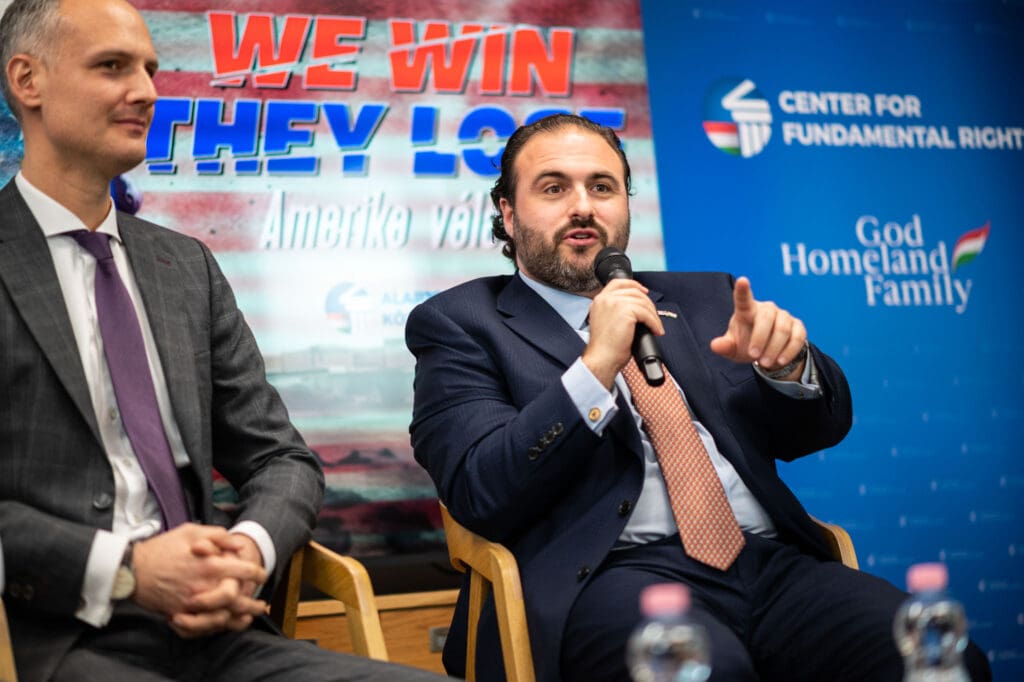
Bryan E. Leib, a potential successor to outgoing US Ambassador David Pressman, has voiced sharp criticism on social media of the US administration’s recent sanctioning a key Hungarian politician. Leib expressed optimism for improved ties under Trump’s leadership in his commentary.

A recent study by Hungary’s National Media and Infocommunications Authority (NMHH) highlights the influence of media, tabloids, and women’s magazines on shaping unrealistic body image expectations for women. The findings reveal troubling trends in content and visual representation.
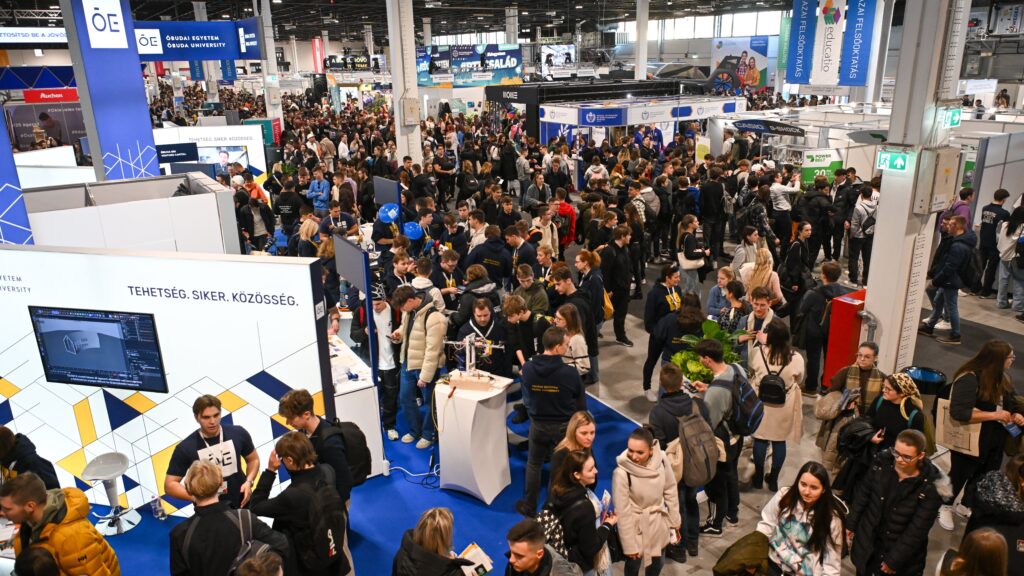
Hungary’s largest career and education event, the EDUCATIO International Exhibition, opens this Thursday, offering students inspiring university exhibits, scholarship programmes, and career opportunities.

As Brazil takes the helm of BRICS in 2025, Indonesia has officially joined the group as a full member, marking a significant milestone in strengthening collaboration among emerging economies and advancing the priorities of the Global South.
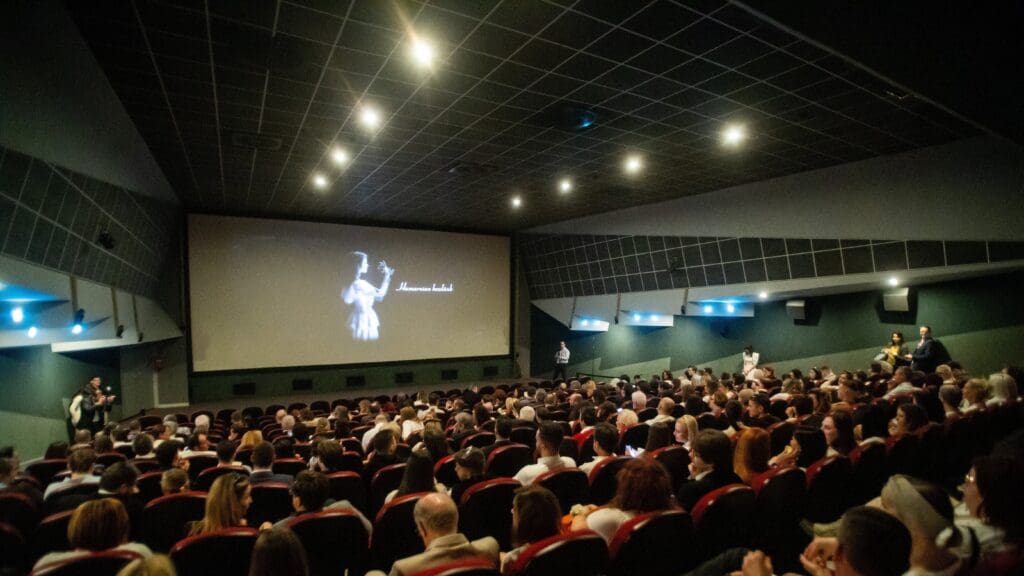
In 2024, over 50 films supported by Hungary’s National Film Institute debuted, including 13 in cinemas and more than 40 on television. The NFI-sponsored productions attracted over 575,000 viewers in film theatres.
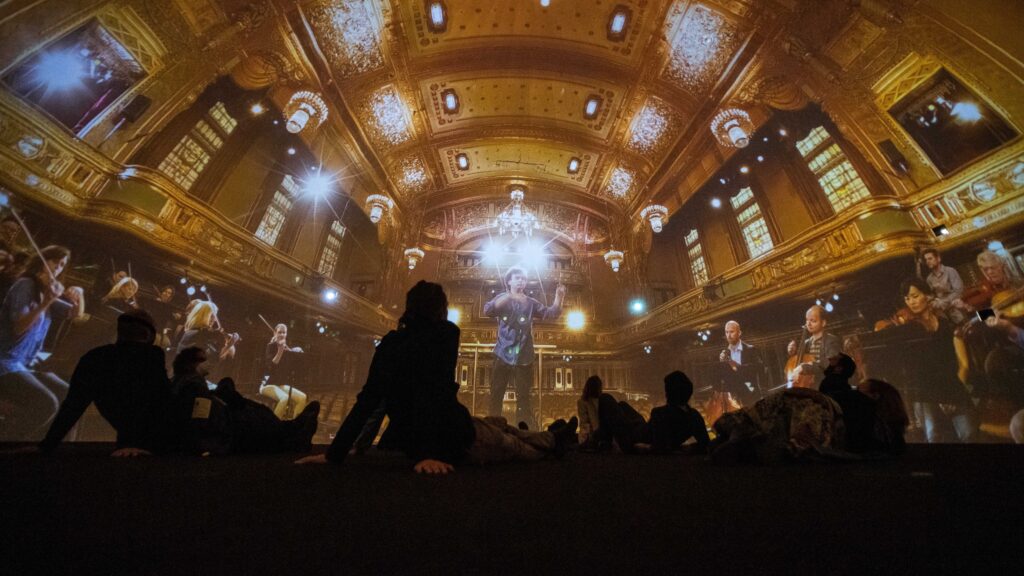
To celebrate the reopening of the Hangdóm, Hungary’s House of Music is hosting an audiovisual festival from 14 to 19 January. Featuring premieres, returning favourites, and artist discussions, the programme showcases cutting-edge 360-degree films and installations.
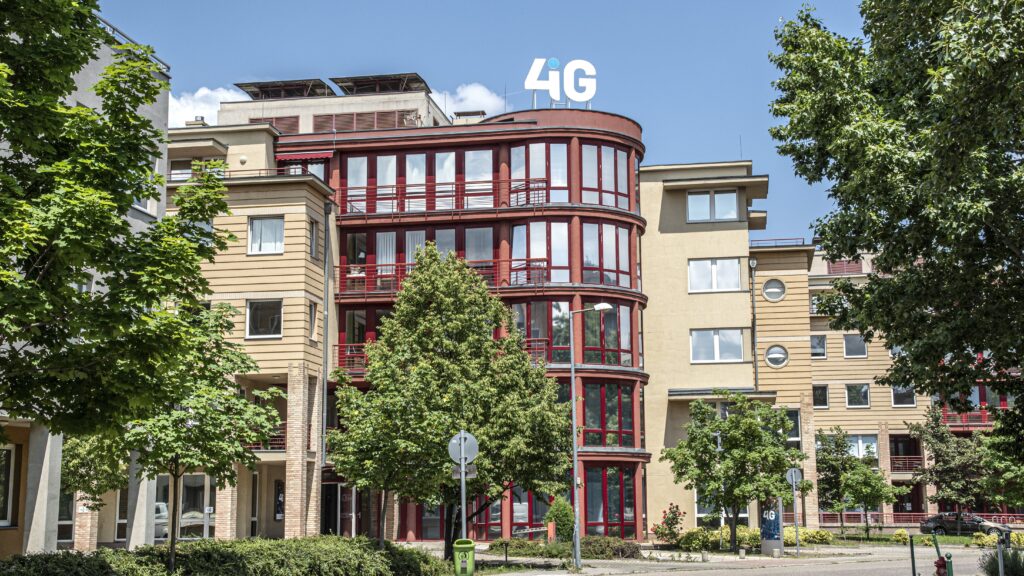
Starting January, Vodafone Hungary will operate under the new name One Magyarország, marking a major rebranding in the telecom sector. The Vodafone HU network will be renamed One, with integrated services uniting the operations of Vodafone, Digi, and others.
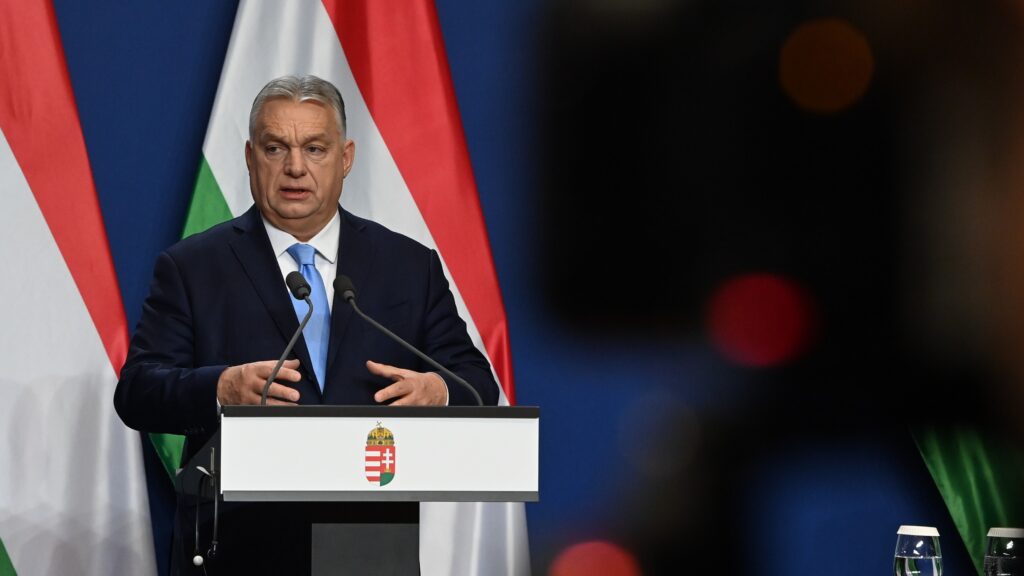
Hungarian Prime Minister Viktor Orbán, in his year-end interview with M1 News, expressed cautious optimism about peace in the Ukraine war, reflecting on three challenging years marked by conflict, economic upheaval, and diplomatic struggles. He shared his vision for a resilient Hungary ready to seize opportunities in 2025.

On 29 December Duna Television will premiere the acclaimed Hungarian film Semmelweis. The most-watched Hungarian production of 2023 portrays the heroic efforts of Ignác Semmelweis, known as the saviour of mothers, as he makes a groundbreaking medical discovery.

In October 2024 Hungary saw a surge in wages, with the average gross income rising by nearly 13 per cent compared to last year. This growth, coupled with low inflation, marks the 14th consecutive month of significant real wage increases.
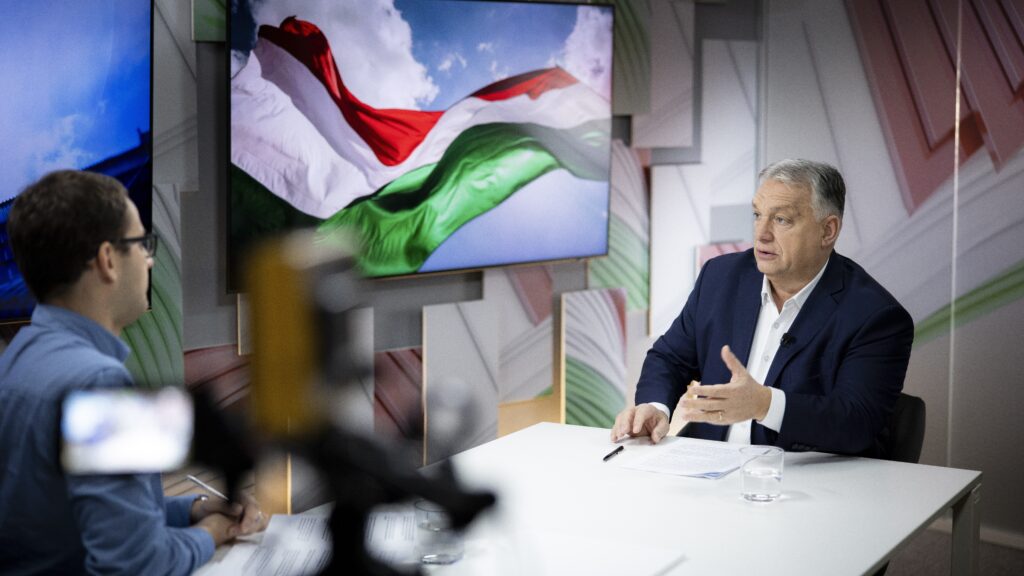
Prime Minister Viktor Orbán emphasized the importance of swift economic action and strategic calm in addressing the challenges facing Hungary and Europe. From advancing peace efforts to pushing for reforms, he detailed his vision in an interview with Kossuth Radio.
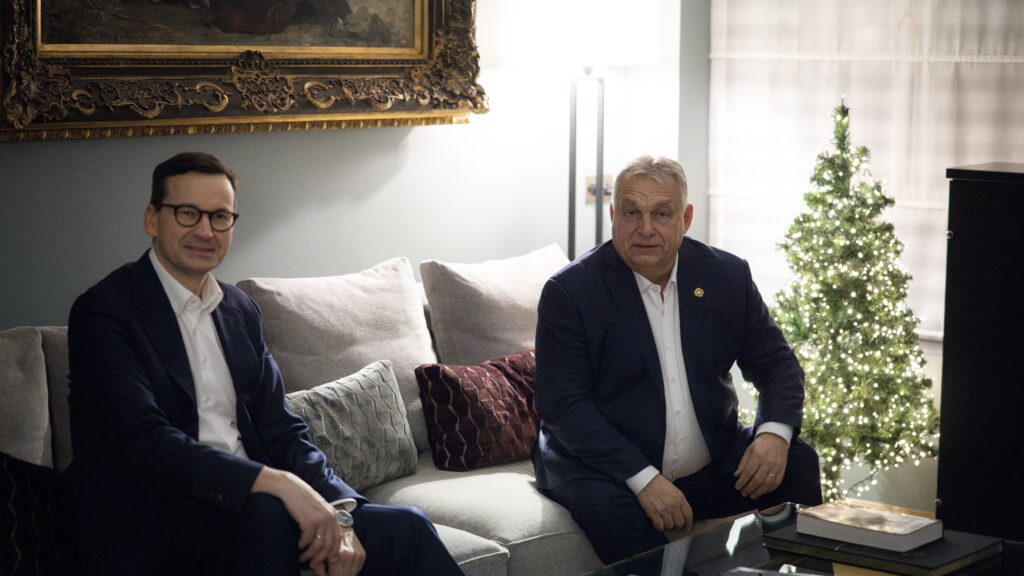
Mateusz Morawiecki, the former Polish prime minister and candidate for the presidency of the European Conservatives and Reformists (ECR), has pledged to enhance the role of nation-states in the EU. He envisions a more sovereign Europe built on collaboration and reform.
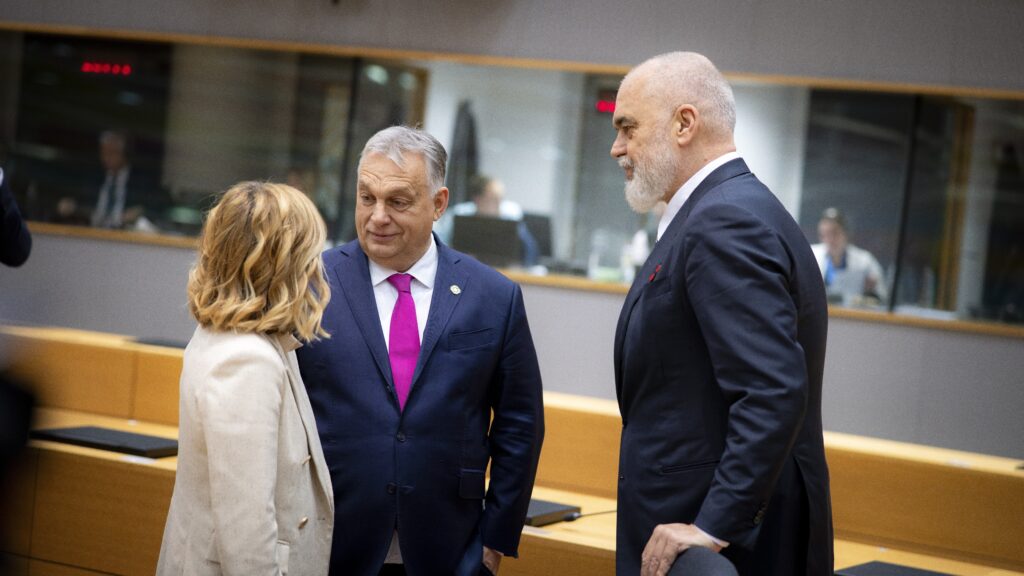
Hungarian Prime Minister Viktor Orbán stated that Budapest defines itself in opposition to Brussels, aiming to transform the EU’s direction in the coming years. At a summit in Brussels, Orbán called for migration control, lower energy prices, and a Christmas ceasefire in Ukraine.

Starting 1 January 2025, Mathias Corvinus Collegium (MCC) will become the 75 per cent owner of Inforádió, marking a strategic partnership aimed at combining the station’s media expertise with MCC’s intellectual resources.

Budapest police officers have donated over nine tonnes of non-perishable food and treats to help those in need. The contributions, including baby food and festive goodies, will be distributed to children’s homes, large families, and care centres.
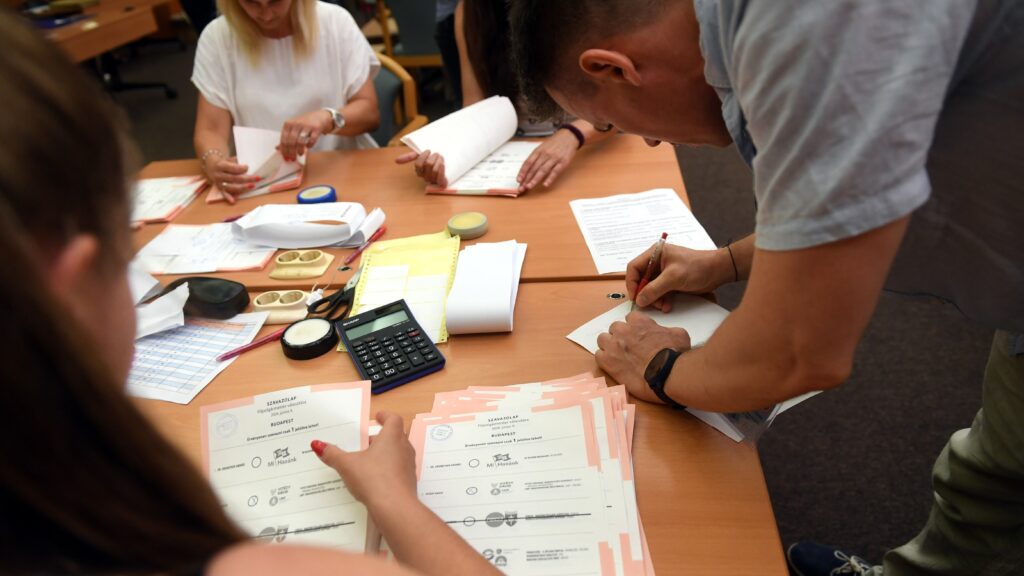
The Hungarian National Assembly has approved changes to electoral laws, including the redistribution of constituencies, optional ballot envelopes, and revised candidate withdrawal deadlines. These measures aim to align with demographic trends and streamline voting procedures.
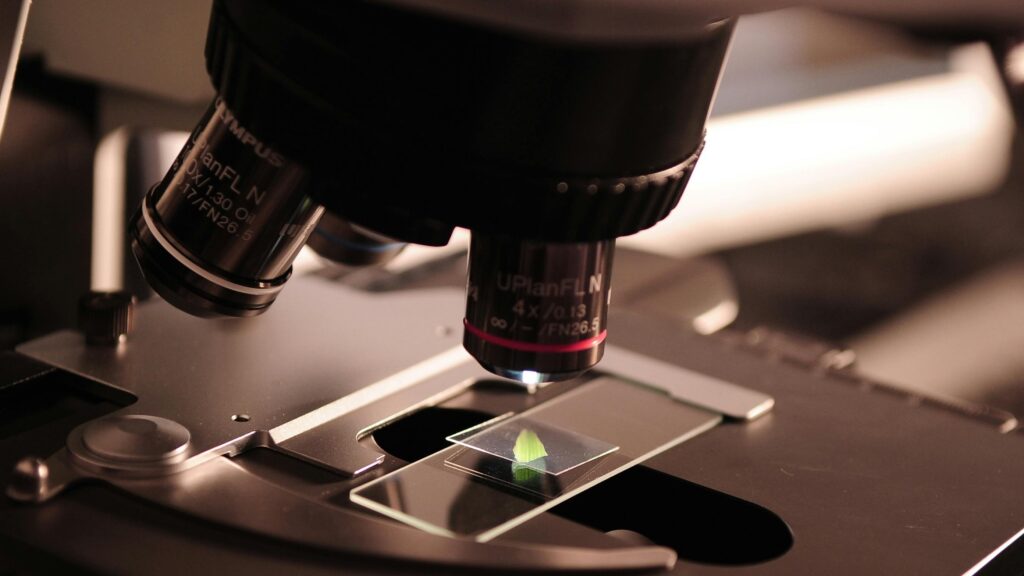
Hungary’s 2024 innovation strategy includes a 215 billion forint allocation for research and innovation, a reform of the research network, and increased funding for excellence programmes. The government aims to enhance scientific output and global collaboration.
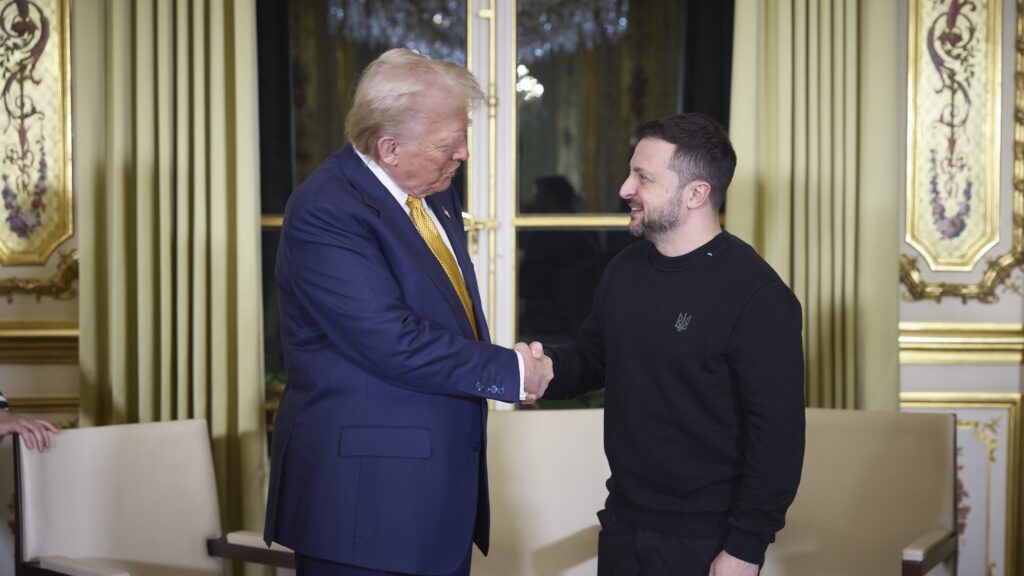
A recent Századvég poll reveals that 77 per cent of Hungarians believe Donald Trump, upon assuming office in 2025, could end the ongoing Russia–Ukraine war. The findings highlight strong public support for peace initiatives, aligning with Hungary’s diplomatic efforts.

Hungarian researchers have developed a state-of-the-art VR system tailored for mice. The Moculus device, optimized for rodents’ vision, accelerates learning processes and revolutionizes brain research, paving the way for advanced therapies in vision restoration.

A recent KINCS survey reveals that 70 per cent of Hungarians are optimistic about 2025, anticipating improvements in their lives. Families with young children, large households, and young people are the most hopeful, expecting better opportunities and higher living standards.
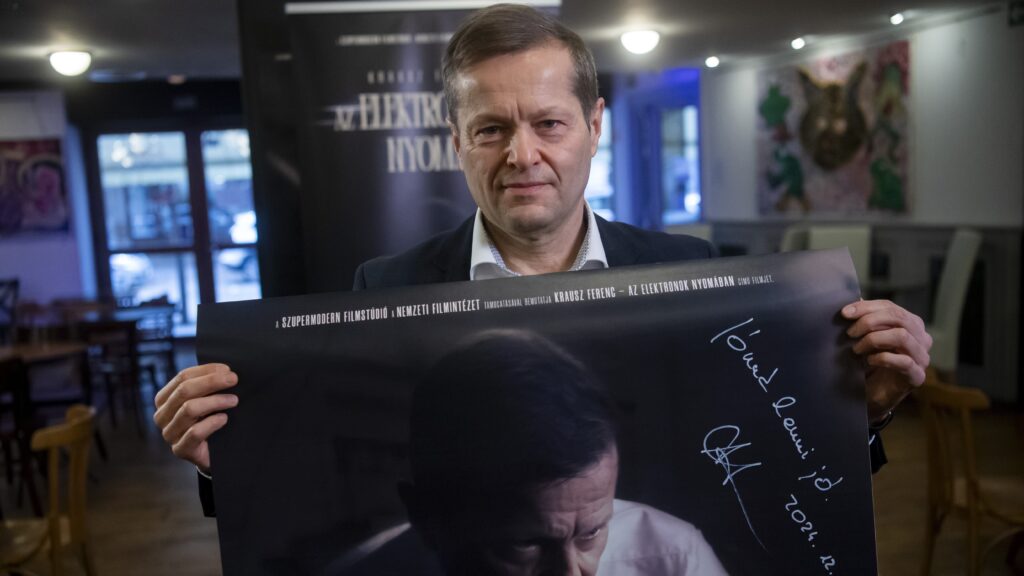
A new documentary unveils the extraordinary professional and personal journey of Nobel laureate Ferenc Krausz. Premiering on 30 December on Duna TV, the film captures his life, groundbreaking discoveries, and unwavering passion for science and exploration.
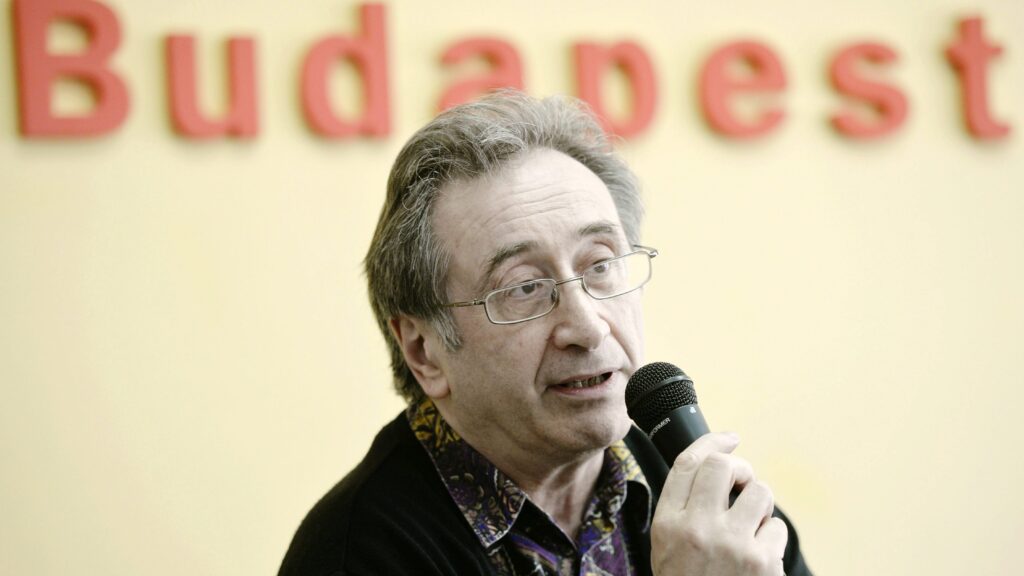
George Szirtes, a Hungarian-born British poet, has been awarded the King’s Gold Medal for Poetry by King Charles III. The prestigious honour, established in 1933, recognizes his profound contributions to contemporary poetry and his exploration of global themes.

Hungary’s culinary scene shines brightly as the 2024 Michelin Guide awards reaffirm excellence. Iconic venues like Tata’s Platán and Budapest’s Stand retained two stars, while eight other restaurants, including one newcomer, received their coveted Michelin star this year.
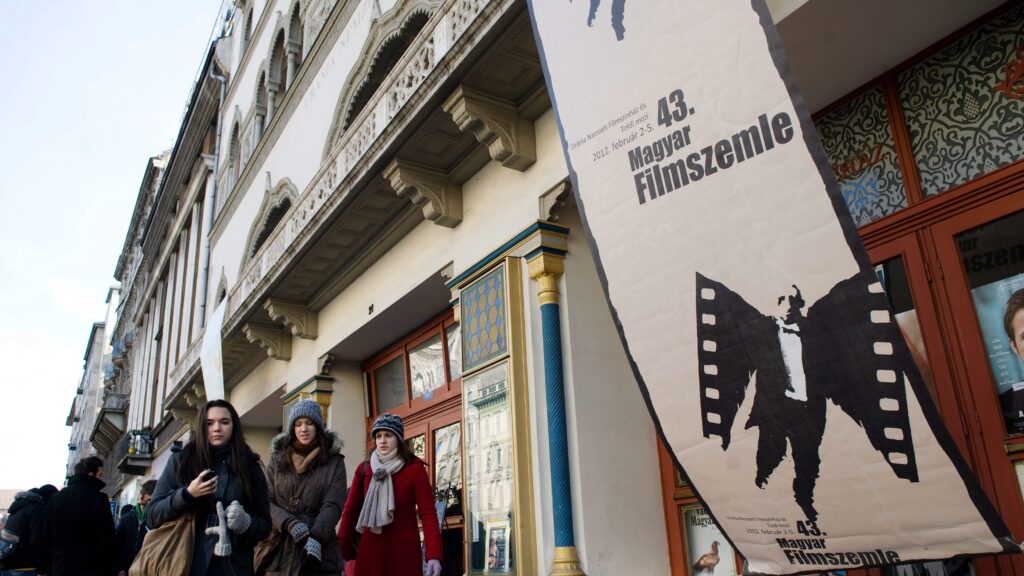
The Hungarian Film Festival dates back to 1965, when it began in Pécs as the Hungarian Feature Film Festival, exclusively showcasing feature-length productions. Over the decades, the programme expanded to include documentary and animated films, with its name changing to the Hungarian Film Festival in 1989. Traditionally held during the first week of February, the event was aligned with the Berlin Film Festival and ran annually until 2011.

Hungarian Conservative is a quarterly magazine on contemporary political, philosophical and cultural issues from a conservative perspective.